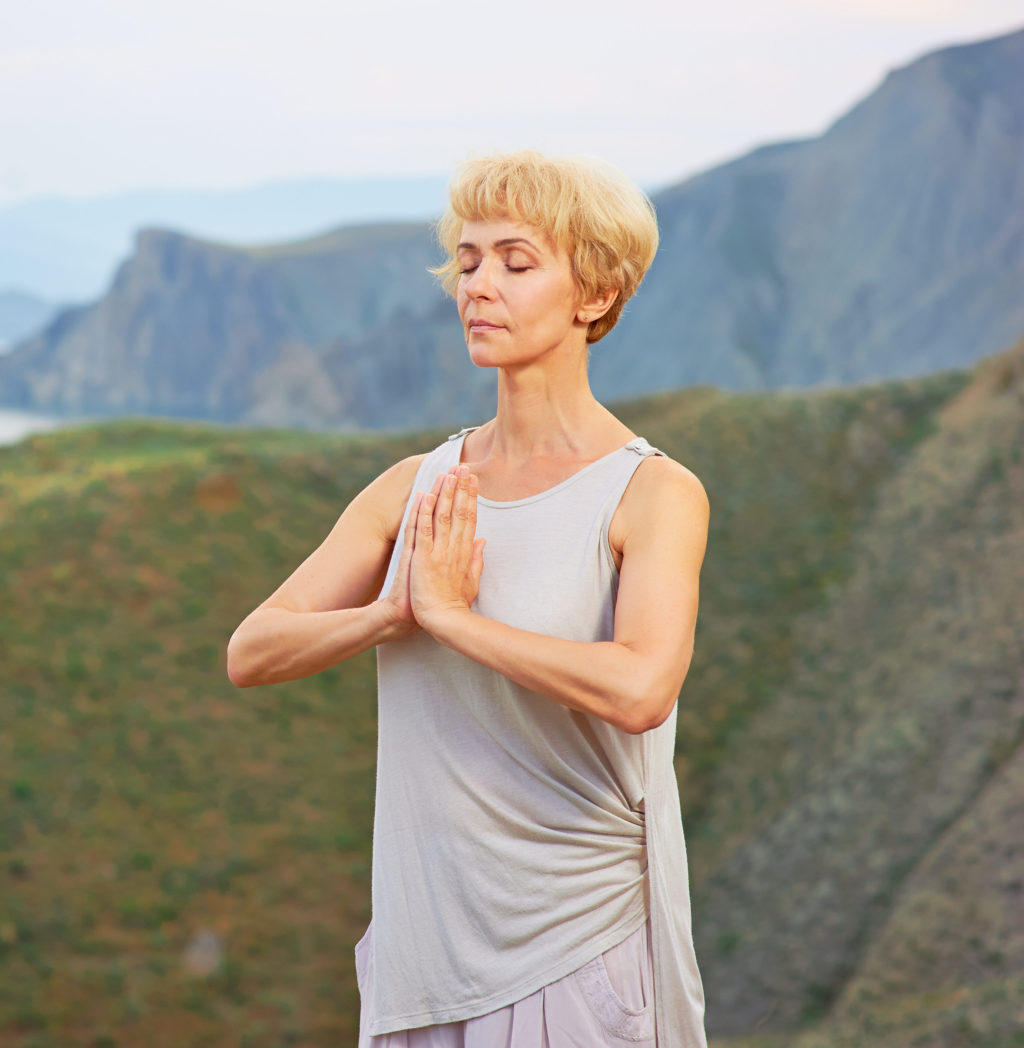“It’s easy to lampoon. It’s easy to ha-ha about cavemen and bacon all the time. We get that and it’s funny,” says Keith Norris of the term ‘paleo.’ “But really my background is in political science, and I am of the mindset that if I define the term, I own the term and that’s what we’re doing at Paleo f(x). So, paleo – yes, it’s a diet of course, but it’s also a lifestyle.”
Michelle and Keith Norris founded Paleo f(x) in 2012 after having attended the Ancestral Health Symposium. The science behind ancestral health was powerful, they felt, but too far removed from everyday application. They sought to make paleo practical.
In the years since, ‘paleo’ has become a household term. But there are a lot of misconceptions about what it actually entails. Many people view it as a fad diet, and as Keith suggested, an excuse to eat a lot of bacon. But the paleo lifestyle is much more calculated – and empowering.
Michelle and Keith want to bring the truth. Check out this interview with Michelle and Keith for The WealthyWellthy Life podcast.
Paleo is a health movement.
MN: “Paleo is about removing toxins from your life. It’s not just in the foods we eat, it’s in the environment. It’s what we do to our bodies. It’s everything, everything. That includes toxic people.”
KN: “There’s exercise, strength and conditioning brought into this. Things like sleep, sleep hygeine – these are heavily discussed at Paleo f(x). All the psychology behind change…We talk about it. We study. We have panels on it. So the paleo movement is an all-encompassing movement.”
But it’s not dogmatic.
KN: “I’ve seen so many events and so many movements just stagnate over the years because it’s – if you don’t think like us you’re not in the house. We don’t bring them in to speak, but we’re continually seeking out people that will push the envelope, that will – we don’t want to turn it into a Jerry Springer show, but let’s bring in some controversy. Let’s get some other points of view and let’s keep this movement alive.”
MN: “If there’s one other thing I really appreciate about the Paleo community and the leaders within the Paleo community is they will be the first to tell you, ‘I may change my mind on this thought.’ I may totally change my mind, and if I come back and tell you tomorrow that I’ve changed my mind, and you want to beat me up about it, that’s cool. But I’m not going to be that dogmatic person that 30 years from now has the same point of view as I do today. In fact I would run from somebody like that.”
Food plays an important role – but it’s not enough.
MN: “One of the things that I will tell you, specifically in the Paleo movement – and I see this all the time and I hear this all the time, and it’s actually something that Keith and I believed a few years ago – is that you can get all your nutrition from food. No you cannot. You can’t eat enough food. We do not have the food supply that we had 50 years ago. Our food is so completely depleted of the nutrients that it needs and there’s – all you have to do is read some studies, a handful of them, that have been done by major universities that prove that the food we have now doesn’t have anywhere near the nutrient density that we had 50 years ago. So while, yes, you need to try to eat as well as you can, and the best foods that you can, you have to have some type of supplementation.”
We’re learning a lot about supplements. Not one vitamin fits all.
KN: “The supplement world is a wild, wild west. The New York attorney general just did a run through…various supplements towards picking up various brands. Many of them had no trace of what they were supposed to be curing.”
MN: “Keith and I both walk into a vitamin store, and we picked up a bottle off of the shelf, and for your listeners (they can’t see me), but I’m a 50-year-old menopausal woman. I’m about 140 pounds. I work out if I’m lucky – I get two, three workouts in a week, and that’s if I’m very, very lucky, and we own gyms, just saying. And Keith is a 230 pound man with 10.6% body fat, and he works out 6 days a week. But that bottle doesn’t change what my dosage is just because I’ve picked it up or he’s picked it up. It gives me and him the same dose, and it will give an 18 year old girl or boy with raging hormones, which I don’t have, and neither does Keith, the same exact dose. That’s ridiculous. Or an 80 year old man, or a 70 year old woman. It gives us all the same dose and that is so insane that we even think about it.”
Exercise is evolving, too.
KN: “I think the big thing is – and when I talk to potential clients – is they think more is better. More anything is better, and they have that same thought about exercise. We target, specifically, busy professionals… The specific group would tell you to a member, ‘I don’t have time to exercise. I realize the value in it, but I don’t have the – and I’m using air quotes which doesn’t translate very well – but I don’t have the two hours a day required for exercise,’ and that’s the mindset. And again, that’s an old thought patterns, that’s old science. Things have changed since then and we now know that the high quality components of exercise can be broken down into very, very, very small segments lasting like 30 minutes of workout if you do it properly – the caveat, if you do it properly.”
Hear this: Growing old is not about getting sick.
MN: “The whole mindset is, ‘Okay, I’m getting older. I’m just going to – okay, this is just part of getting older. I’m going to get sick. I’m going to get Alzheimer’s. I’m going to get cancer. I’m going to get diabetes. I’m going to get heart disease. I’m going to get all these things because I’m older.’ No, no, that’s the garbage, the lies that we’ve been fed. That is not part of getting older. Getting older is actually having a life. It’s actually having quality of life. You don’t have to get sick…In fact, you’re not supposed to. Your body is meant to take you the full distance and you are meant to live until the moment you die…That’s probably the thing I’m most passionate about…people need to get that no, getting older does not mean declining and depreciating and just getting decrepit. That’s not part of getting older.”
Listen to the complete interview here.





